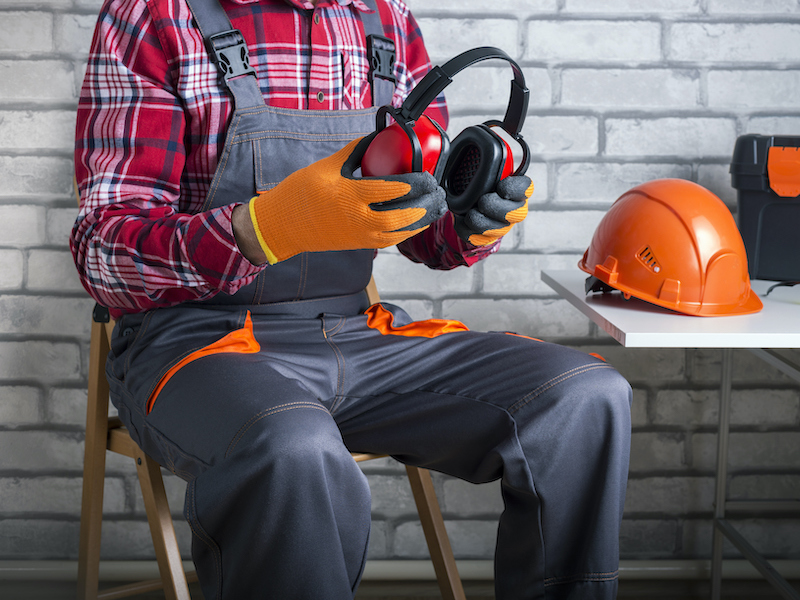
Your sense of hearing is important in your life and when you lose it, there will be no natural way of getting it back. But somehow, hearing loss tends to go untreated and unchecked in the general population. As a matter of fact, permanent hearing loss impacts one out of eight people (nearly 30 million people) over the age of 12 in the United States alone.
While there are treatments that can help you get some hearing back, like hearing aids, it’s such an easy thing to protect your ears from the beginning to prevent unnecessary hearing loss.
Here are five easy ways that you can safeguard your hearing:
Earbuds should be avoided
Earbuds are one of the biggest threats to hearing health today since they’ve come as an accessory to most mobile devices going back to the first MP3 players in the early 2000s. Nearly every smartphone on the market comes with a pair of these little devices that sit snugly in your ear and pump sound directly into your ear canal. Listening to a movie or music on your mobile device at full volume for only 15 minutes can cause permanent hearing loss. The better option would be to buy a set of earmuff-style headphones that go over your ears, which is made even better if you can find a set that has noise-canceling technology. Following the 60/60 rule, which suggests a maximum volume of 60% for no higher than 60 minutes a day, is another safety measure to safeguard your hearing.
Reduce the volume
Earbuds don’t generate the only sounds that can damage your hearing. Loud sounds from a TV or radio can do as much harm if you regularly listen to them over a prolonged period of time. You’ll also want to steer clear of situations where loud noises are constant, such as construction zones, concerts, and firearm ranges. Steering clear of these scenarios may only be possible in a perfect world, especially if you’re a construction worker or a musician. If that’s the situation, then you’ll want to take note of the next item on the list.
Hearing protection will be helpful
Hearing protection is essential if you work in a setting or enjoy hobbies that expose you to loud sounds. Hearing loss can happen in just 15 minutes at 85 decibels. To put that in perspective:
- At the majority of concerts the headlining band plays for up to two hours at well over 120 decibels
- Over a one hour trip to the indoor gun range, your ears are repeatedly exposed to gunfire that clocks in at over 150 decibels on average
- Jackhammers at a construction site generate 130 decibels, which could cause significant harm after a 40-hour workweek
The takeaway here is that you should invest in some sort of hearing protection like earmuffs or earplugs if you take part in any of these activities.
Take auditory breaks
Sometimes giving your ears a rest is the best thing you can do. If you engaged in any of the activities listed above, you should make certain to take some quiet time to yourself so your ears can rest and recuperate, even if you were wearing hearing protection. That means, you probably shouldn’t get into your car and begin blaring loud music right after you leave a 3-hour concert.
Check your medicine
Your medicine may actually have a considerable impact on your hearing. Aspirin, anti-inflammatories, antibiotics, and certain heart and cancer medications have all been proven to cause hearing loss. The good news is that medication-related hearing loss isn’t common and is more likely if you take two or more of those medications at the same time making it easier to prevent.
Are you coping with hearing loss and want to seek out new treatment? Contact us today to set up a consultation.
Call Today to Set Up an Appointment
Resources
https://www.cdc.gov/nceh/hearing_loss/how_does_loud_noise_cause_hearing_loss.html
https://armeddefense.org/hearing-protection
https://www.uofmhealth.org/health-library/tf3092
